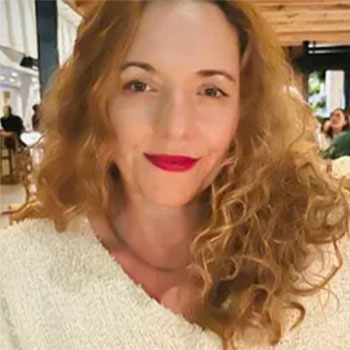
Humanities
HUMN 10
On The Move: Artistic Representations of Migrant Experience
Interdisciplinary exploration of artistic expression that frame human displacement to understand the cultural, religious, social, and political aspects of global migration and immigration from a Humanistic perspective. The course analyzes paintings, literature, music, film, examples from the digital and graphic arts, and journalism that contextualize the responses, values, and resilience in the face of humanitarian crises and evaluate human condition in these contexts.
Course Objectives
- Engage in critical, creative, and independent thinking while applying the lens of human condition in reviewing artistic expressions on migration.
- Stimulate curiosity about intellectual and artistic life.
- Acquaint to and broaden perspectives about human experiences in humanitarian crises due to displacement and immigration.
- Develop an ability to contribute new perspectives to the study of migration by applying critical approaches to the analysis of various modes of cultural production in relation to the political, economic, social, and religious context of the time.
- Plan, organize, and carry out research projects on artistic expressions of human mobility, as well as demonstrate the skills necessary to connect and communicate theoretical knowledge of historical works of art and culture in migration studies.
- Analyze technological epoch as an instrument to generate awareness of human experiences regarding loss and resilience.
- Cultivate a theoretical and practical understanding of the ways in which different visual media (including artistic practices) has been used and reproduced as tools in the fight for and represent immigration reform.
- Examine case studies that exemplify the ways different groups have used their positioning within society (in regards to status, gender, sexuality) together with creative uses of media and arts in order to influence policy and public opinion.
- Develop the habit of learning and responding to new ideas and challenges, thereby thinking through moral and ethical problems to examine one's own assumptions.
- Improve both oral and written communication, especially through critical reading and analysis of stories from migrant art, literature, films, and media platforms.

